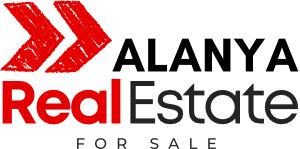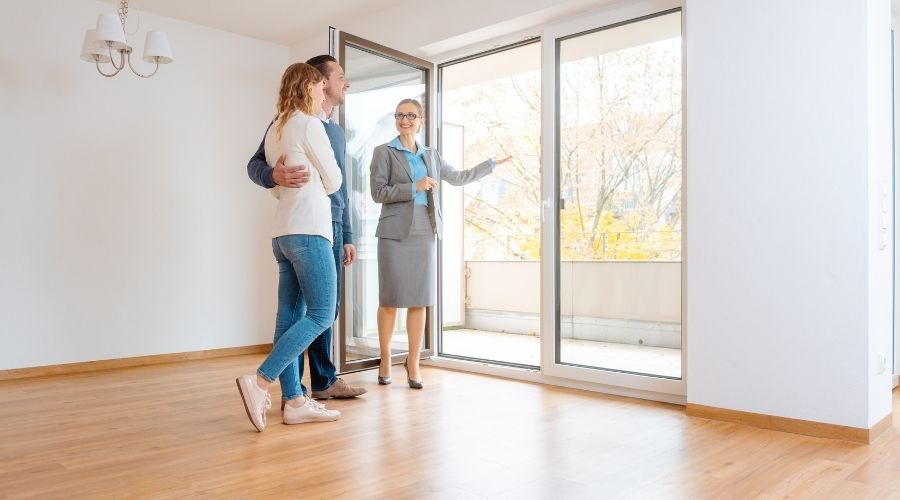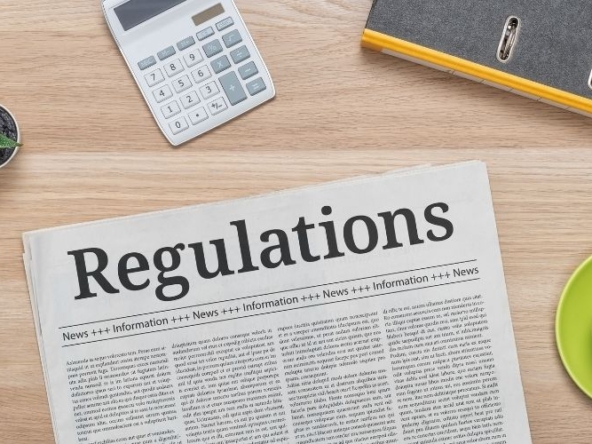How to get permission to rent apartments for tourism purposes?
On Thursday, November 2, 2023, Law No. 7464 ON THE RENTING OF DWELLINGS FOR TOURISM PURPOSES AND AMENDMENTS TO SOME LAWS was published and will enter into force on 1/1/2024.
The Law has introduced a number of regulations in this regard by recognizing stays under 100 days in residential buildings as tourism rentals. The most important regulation introduced in this regard is the introduction of the PERMIT SYSTEM for tourism rentals. How the permit system will be operated is set out in Article 3.
According to Article 3, two types of permits are envisaged:
- High-Quality Residences: According to the Law, buildings with reception, security, and daily cleaning services, health services, dry cleaning, laundry, transportation, catering, and shopping services, and services such as gyms and swimming pools are considered high-quality housing. With the addition of the phrase “LIKE”, it is understood that the principle of limited number is not adopted and that it is not necessary to have all the service items mentioned in the article together; even if one of these service items is present in a dwelling, this dwelling will be considered as a high-quality dwelling.
It will be possible to obtain a license from the Ministry of Culture and Tourism if the phrase is included in the management plan for high-quality residences: “SHORT-TERM RENTAL ACTIVITIES FOR TOURISM PURPOSES CAN BE CARRIED OUT IN THE RESIDENCES IN THIS BUILDING.”
Amendments to the management plan are subject to a 4/5 majority vote of the condominium owners.
- Low-Quality Residences: According to the Law, if none of those as mentioned above services are available in the building, the dwelling will be considered a low-quality Residence.
In low-quality Residences, it is obligatory to take a unanimous decision by all apartment owners of the building. In this case, it will not be possible to rent for tourism purposes in that building if not even a single apartment owner in the building objects to do so.
In the event that short-term rental activity for tourism purposes has not been regulated in the management plan or a unanimous determination has not been made on this issue, the board of condominium owners must convene in order to discuss these issues.
How the board of condominium owners will convene is shown in Article 29 of the Condominium Law.
Article 29 stipulates two types of meetings:
1. Ordinary Meeting: It convenes on the date shown in the management plan. If the annual meeting date is not specified in the management plan, the meeting will be held in January of each year. Considering that the Law will enter into force on 01.01.2024, if it is foreseen in the management plan that the board of condominium owners will convene in November or December 2023, during these meetings, the question “CAN SHORT-TERM RENTING ACTIVITY FOR TOURISM BE PERFORMED IN THE HOUSES IN THIS BUILDING?” should be put on the agenda and put to the vote of the condominium owners.
However, there is an important point to be considered here. According to Article 28 of the Condominium Law: “The vote of four-fifths of all condominium owners is required for the amendment of the management plan.” According to Article 28, since the amendment of the management plan requires a 4/5 majority vote of all condominium owners, it will not be sufficient to make a decision with the absolute majority of the condominium owners. In fact, if at least 4/5 of the condominium owners are absent during the meeting, this issue will not even be included in the agenda.
In practice, issues concerning the building management are discussed in the second meeting since the quorum is not met in the first meeting. In the second meeting, decisions are taken with the absolute majority of the participants. Article 30 of the PFMC states: “The provisions of this law for quorum are reserved.” It is stated. Therefore, at least 4/5 of the floor owners must be present in the second meeting in order to put this issue on the agenda.
In low-quality residences, all of the condominium owners must be present at the meeting in order to put this issue on the agenda. In low-quality residences, if even one condominium owner is not present at this meeting, this issue cannot be included in the agenda.
2. Extraordinary Meeting: Extraordinary meeting is regulated in the 2nd and 3rd paragraphs of Article 29 of the Condominium Law. According to this
– The manager
– or the auditor
– or upon the request of one-third of the condominium owners, the board of condominium owners may be called for a meeting.
In order to convene an extraordinary meeting, all condominium owners must sign a call sheet at least fifteen days prior to the date requested for the meeting or be notified of the meeting via a registered letter.
An important feature that distinguishes the extraordinary meeting from the ordinary meeting is that the agenda is determined in advance. A subject different from the reasons and agenda stated in the call sheet or registered letter cannot be included in the agenda during the meeting. Therefore, in the call sheet or registered letter: ” MEETING AGENDA: CONSIDERATION OF THE EXECUTION OF SHORT-TERM LEASING ACTIVITY FOR TOURISM PURPOSES IN THE HOUSES IN THIS BUILDING” must be clearly stated on the agenda.
Considering that the Law will enter into force on 01.01.2024 if the ordinary condominium owners’ meeting is on a distant date, this issue should be resolved by organizing an extraordinary meeting.
Att. Selimhan CİNAS
Source: http://felixlegal.com.tr/



